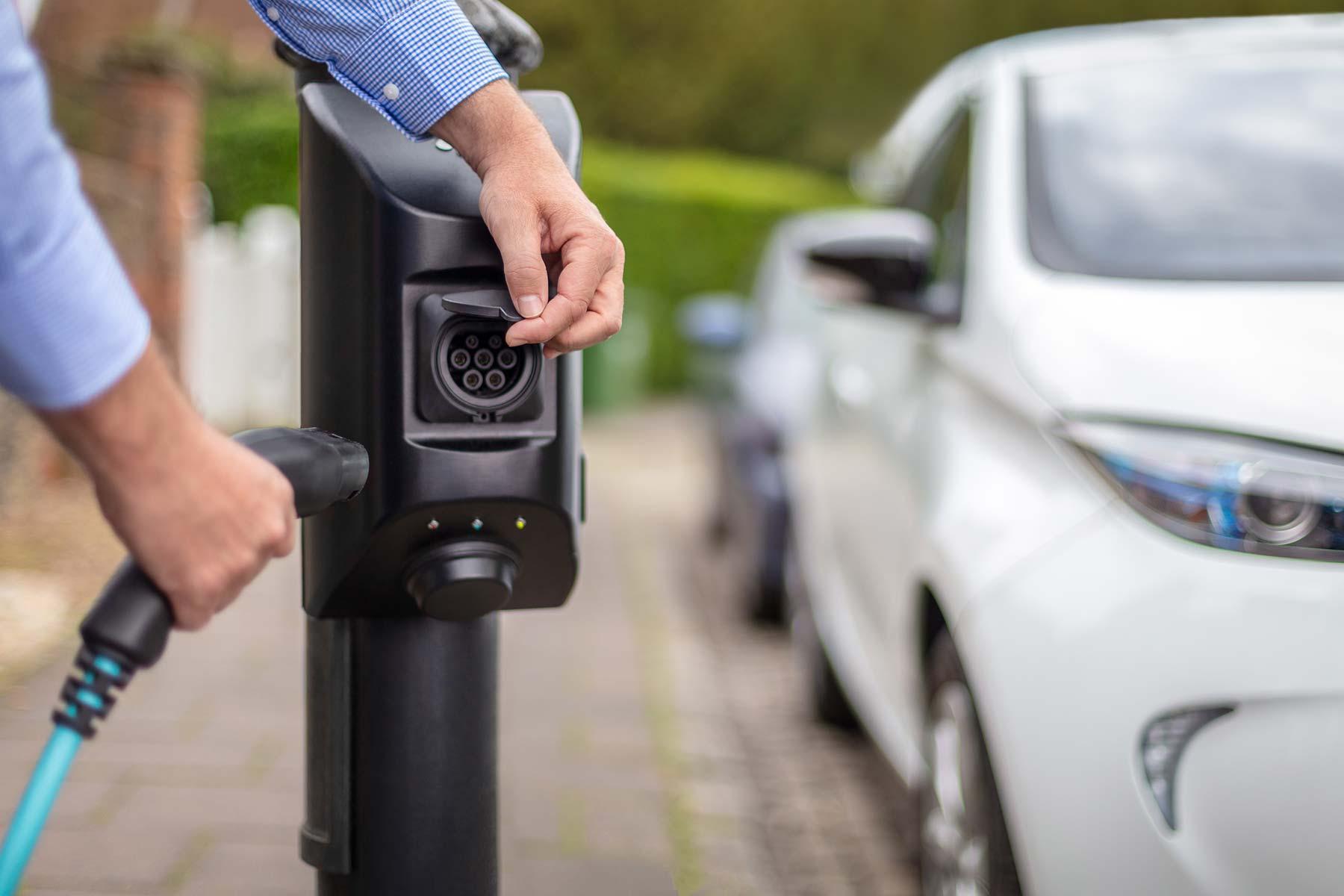Ultra-fast EV Charging Station Market Barriers Slowing Global Expansion and Widespread Adoption

The ultra-fast EV charging station market is widely seen as the backbone of future mobility, enabling electric vehicles (EVs) to travel longer distances without inconvenience. However, despite its potential, this market is not free from barriers. Multiple roadblocks, including high investment costs, grid instability, land availability, and regulatory differences, hinder its rapid global adoption.
Understanding these barriers is crucial for stakeholders across industries—automakers, governments, utilities, and investors—to design effective strategies for growth. While demand for electric vehicles is rising globally, these challenges must be addressed to ensure that the ultra-fast charging ecosystem reaches its full potential.
High Infrastructure Costs
One of the biggest barriers to ultra-fast EV charging stations is the high capital investment required. Ultra-fast chargers need advanced technology, heavy-duty transformers, and robust cooling systems to operate efficiently. The installation costs per station are significantly higher compared to conventional chargers, making it difficult for smaller companies or startups to enter the market.
In addition, operating and maintaining these stations involves substantial expenses. The high costs often discourage private investors unless there are strong policy incentives or public-private partnerships to share the financial burden.
Energy Grid Limitations
The energy grid is another barrier that slows the deployment of ultra-fast charging. Each ultra-fast charger can require power comparable to dozens of households operating simultaneously. In regions with weak or outdated grid infrastructure, integrating such high-demand systems becomes difficult.
This can lead to power outages, grid instability, or the need for costly upgrades. Moreover, uneven renewable energy integration creates challenges in providing clean and stable power at ultra-fast charging points. Without proper grid modernization, scaling up these stations will remain a major barrier.
Land and Space Constraints
The location of charging stations is just as critical as the technology itself. Ultra-fast charging hubs need large areas to accommodate multiple vehicles, high-power equipment, and auxiliary facilities. However, in urban environments where EV adoption is the fastest, land availability is limited and expensive.
Securing prime real estate for charging stations becomes a barrier, especially when competing with other infrastructure projects. This challenge is even greater along highways, where land is restricted and costly to acquire for commercial use.
Battery Compatibility Issues
While ultra-fast chargers are designed to deliver extremely high power, not all EVs on the market can handle such charging speeds. Many older or lower-end models have limited battery compatibility, which restricts their ability to use ultra-fast charging stations effectively.
This lack of universal compatibility reduces utilization rates for operators and creates hesitation among consumers, as they may feel uncertain about whether their vehicles can benefit from such high-speed charging infrastructure.
Policy and Regulatory Barriers
Policies play a key role in the expansion of ultra-fast EV charging stations. However, fragmented and inconsistent regulations across countries—and sometimes even within regions of the same country—create significant barriers.
Some governments provide subsidies and tax benefits, while others lag behind in establishing clear EV infrastructure frameworks. Licensing requirements, lengthy approval processes, and bureaucratic delays further slow down construction and discourage investors from entering new markets.
Consumer Awareness and Trust
Another often-overlooked barrier is consumer perception. Many potential EV buyers remain hesitant about switching from fuel-powered vehicles due to concerns about charging speed, availability, and reliability. Misconceptions about ultra-fast chargers damaging batteries also discourage adoption.
Until awareness campaigns and real-world user experiences build consumer trust, these psychological barriers will continue to affect the utilization of ultra-fast charging stations.
Interoperability and Standardization
The lack of universal standards for charging systems creates significant barriers. Different automakers and regions often support varied connector types, communication protocols, and payment systems. This lack of interoperability makes it inconvenient for EV drivers and complicates the scaling of charging infrastructure globally.
For the ultra-fast EV charging station market to thrive, industry-wide collaboration and adoption of global standards are essential.
Financial Viability and ROI Concerns
For operators, ultra-fast charging stations present challenges in achieving financial viability. Low EV adoption rates in certain regions mean that utilization remains limited, which delays return on investment (ROI). High electricity costs, combined with low initial demand, often prevent operators from sustaining profitability without government support.
This barrier can only be overcome once EV adoption accelerates and the stations begin to see steady and high-volume usage.
Conclusion
The ultra-fast EV charging station market offers transformative potential for the global transportation sector, but several barriers limit its widespread adoption. High infrastructure costs, grid challenges, land constraints, regulatory complexities, and consumer hesitation are key obstacles that must be addressed.
Collaborative efforts among governments, automakers, utilities, and private investors are necessary to overcome these barriers. By addressing these issues, the market can achieve sustainable growth, accelerate EV adoption, and contribute significantly to the global transition toward clean and efficient mobility.
- AI
- Vitamins
- Health
- Admin/office jobs
- News
- Art
- Causes
- Crafts
- Dance
- Drinks
- Film
- Fitness
- Food
- الألعاب
- Gardening
- Health
- الرئيسية
- Literature
- Music
- Networking
- أخرى
- Party
- Religion
- Shopping
- Sports
- Theater
- Wellness


